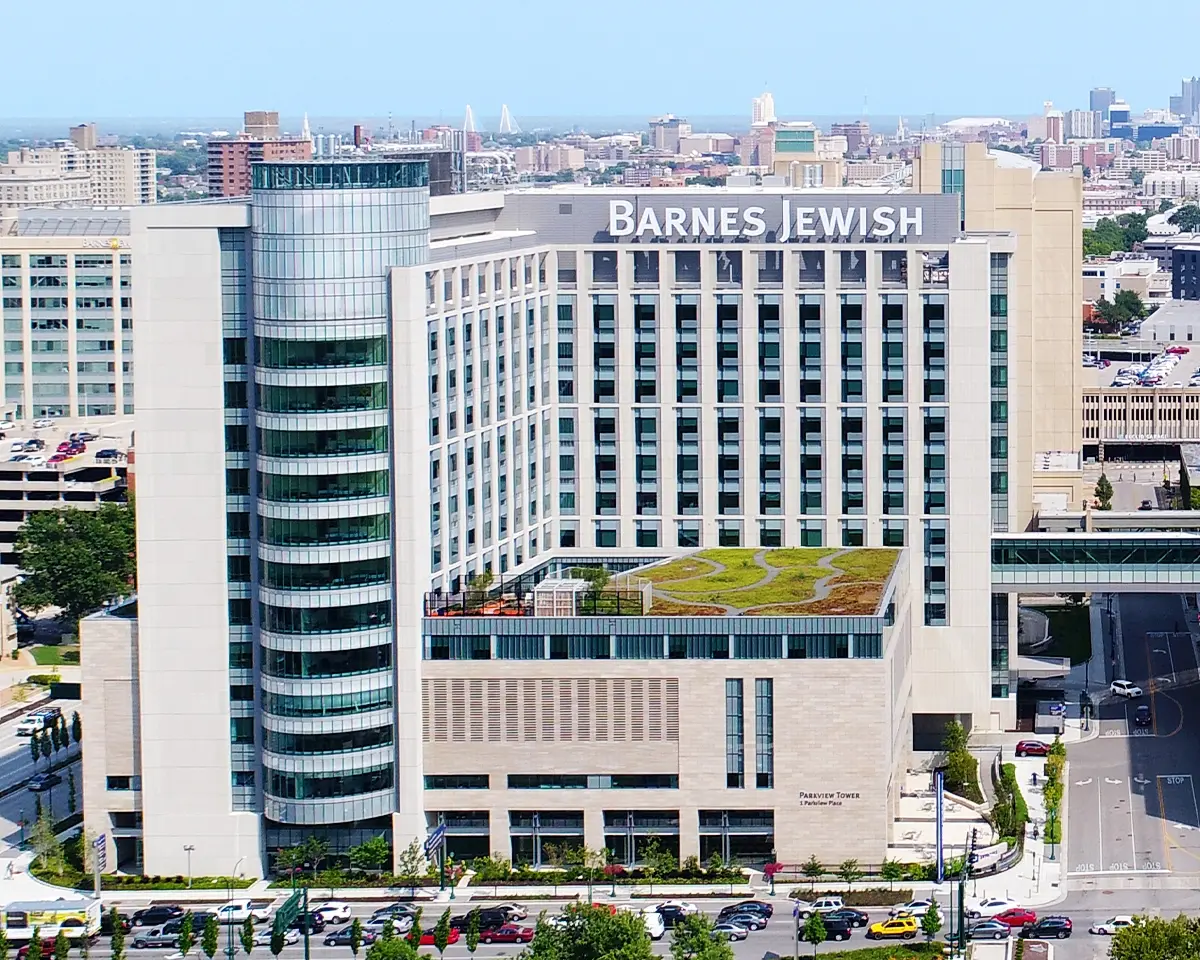Transplant Patient Referral
We have one of the country's largest solid organ transplant programs. Our skilled transplant teams perform hundreds of solid organ transplants each year, taking on cases that may be too complex for other centers.
If you are a provider looking to refer a patient to our program, please complete our referral form.
If your patient is eligible, we contact them to discuss details about the transplant process and to schedule an evaluation. Once we complete the evaluation, we inform you of your patient’s test results and give you our recommendations regarding their suitability for transplant.
Our kidney/pancreas transplant team performs hundreds of transplants per year. We ensure every patient receives highly coordinated, personalized care.
Kidney/pancreas transplant referral form
We have decades of experience providing comprehensive liver care to patients before, during and after liver transplant. Our liver transplant program is part of the gastroenterology and GI surgery program nationally ranked by U.S. News & World Report.
Liver transplant referral form
Our heart transplant program is part of the cardiology and heart surgery program nationally ranked by U.S. News & World Report. We’ve performed over 1,000 successful heart transplants, giving us premiere expertise and experience.
Heart transplant referral form
Our transplant program has performed over 2,000 lung transplant surgeries, gathering worldwide recognition. Lung transplant evaluation can be intensive and complex. Our guidelines for referral include:
At the time of diagnosis of IPF/UIP based on a biopsy or CT scan findings
Any form of fibrosis with FVC < 80% predicted or DLCO < 40% predicted
Decline in FVC ≥ 10% over the past 2 years
Decline in DLCO ≥ 15% over the past 2 years
Need for supplemental oxygen at rest or with exertion
FEV1 below 30% predicted or a rapid decline in FEV1
Exacerbation of pulmonary disease requiring ICU stay
Increasing frequency of exacerbations requiring antibiotic therapy
Refractory and/or recurrent pneumothorax
Recurrent hemoptysis not controlled by embolization
Any form of fibrosis with FVC < 80% predicted or DLCO < 40% predicted
Decline in FVC ≥ 10% over the past 2 years
Decline in DLCO ≥ 15% over the past 2 years
Need for supplemental oxygen at rest or with exertion
BODE score 5-6
Frequent acute exacerbations
Increase in BODE score > 1 over 24 months
FEV1 in the range of 20-25% predicted
Pulmonary artery to aorta diameter > 1 on CT scan
NYHA functional class III or IV, irrespective of ongoing therapy
ESC/ERS intermediate or high risk, or REVEAL risk score 8 despite appropriate therapy
Significant RV dysfunction despite appropriate PAH therapy
Need for IV or SC prostacyclin therapy
Progressive disease despite appropriate therapy or hospitalization for PAH symptoms
Known or suspected high-risk variants such as PVOD or scleroderma
Signs of secondary liver or kidney dysfunction due to PAH
Recurrent hemoptysis
Patients must be free from all nicotine product usage for at least six months (including e-cigarettes, vapor cigarettes, chew, gum, patches, etc.)
Acceptable weight status, usually BMI < 35 kg/m2
 Barnes-Jewish Hospital
Barnes-Jewish Hospital
Schedule your appointment
Call (314) 362-9355 or (800) 392-0936 for more information about our transplant services or to schedule an appointment.